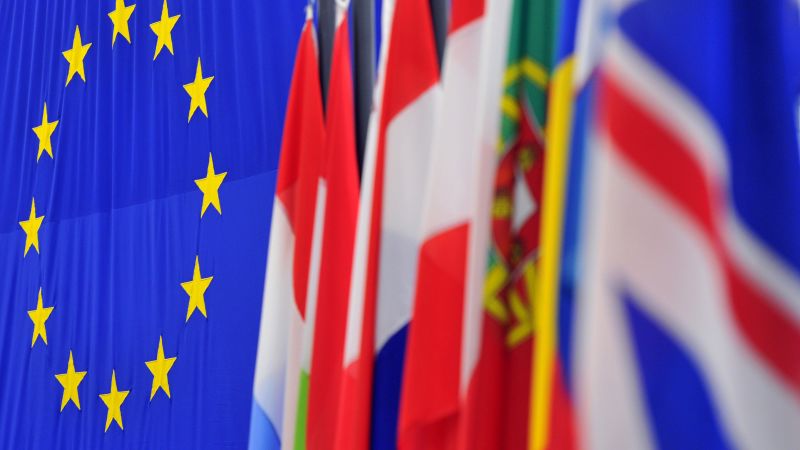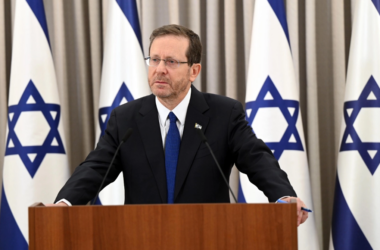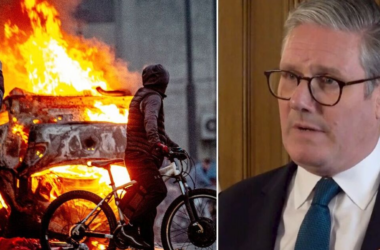French political parties are racing to field candidates and form alliances following President Emmanuel Macron’s unexpected decision to call a snap election after a significant loss in the European Parliament elections. The first round is set for June 30, with a run-off on July 7, leaving little time for parties to convince voters.
Marine Le Pen’s far-right National Rally (RN) made substantial gains in the EU vote, but it’s uncertain if they will secure enough seats to govern. Other possibilities include a broad coalition of mainstream parties. Macron’s decision, seen as a gamble on his political future, has already impacted the financial markets, with the euro dropping and French stocks and bonds tumbling.
Emmanuel Pellerin, a lawmaker from Macron’s Renaissance party, expressed concern over RN’s potential victory, emphasizing the stakes involved. RN leaders are in discussions with Marion Marechal of the far-right Reconquete party for a possible alliance.
The divided French left, including parties like LFI, Communists, Socialists, and Greens, are also in talks. Manon Aubry of LFI stressed the urgency of their efforts to unite and win. Macron, whose power diminished after losing his absolute majority in parliament two years ago, hopes to regain control by surprising the political landscape.
A source close to Macron suggested that if the RN wins, their performance could eventually discredit them before the 2027 presidential election. However, this strategy carries risks, as acknowledged by Macron’s confidant.
Le Pen and RN leader Jordan Bardella face the challenge of converting their popularity into electoral victory. The upcoming vote will focus on dissatisfaction with Macron’s policies and whether the RN can be trusted to govern a major European country.
Macron aims to mobilize voters who abstained in the EU elections, where the RN secured nearly 32% of the vote compared to Macron’s 14.6%.
Predictions vary, with Eurasia Group foreseeing a hung parliament and stalled reforms as the most likely scenario. A source from the conservative Les Republicains party expressed doubts about their ability to regroup by June 30, suggesting many voters might turn to Macron or Le Pen.
Even if the RN secures a parliamentary majority, Macron would remain president for three more years, retaining control over defense and foreign policy but losing influence over domestic matters. This shift could affect policies, including aid to Ukraine, as parliamentary approval would be required for budget allocations.
The snap election precedes the July 26 start of the Paris Olympics, highlighting its significance. Finance Minister Bruno Le Maire called it the most consequential parliamentary election in modern French history.
The RN’s proposed policies include increased public spending, tighter immigration controls, and prioritizing French nationals for social benefits and jobs. These measures have raised concerns about further financial strain.
In response to the political turmoil, the euro fell by 0.6%, and Paris blue-chip stocks dropped by 1.6%, with significant losses in banks such as BNP Paribas and Societe Generale.








